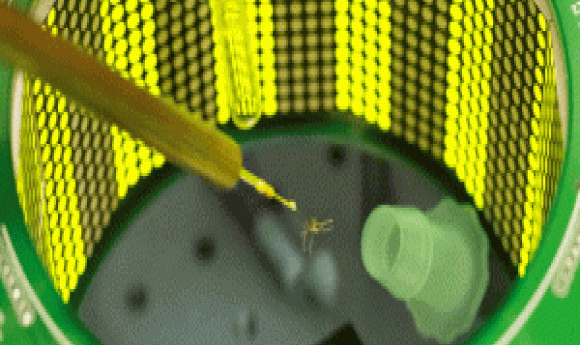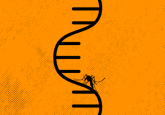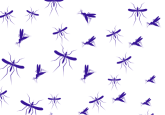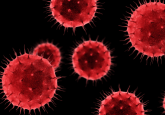Mosquito memory

How do mosquitos decide which humans to bite and which to avoid?

Certain individuals have the misfortune of attracting mosquitos much more than their peers. However, it is also true that mosquitos can learn to actively avoid certain individuals, specifically those who are likely to display aggressive behaviors such as swatting, according to a new study by Jeffrey Riffell and his colleagues at the University of Washington.
Female Aedes aegypti mosquitos act as vectors for several viral diseases including dengue, zika, and yellow fever. When the researchers exposed these mosquitos to human body odor in the laboratory, they displayed different levels of attraction to the scents of different individuals. All attraction was abolished, however, if the scent was previously paired with mechanical stimulation that mimicked swatting or slapping-like behavior.
“It was actually surprising to us how rapidly they learned,” said Riffell. “What was also interesting was that the mosquitos could remember that association for relatively long time periods.”
For mosquitos, humans act as both predator and prey. Learning which individuals are safer to approach can therefore be quite important for their survival in the wild and give them a fitness advantage.
Interestingly, the mosquitos also learned to avoid specific chemicals found in human sweat when these were associated with mechanical agitation. One of these, octenol, generated a very strong response, which led the researchers to use it in subsequent experiments. When artificial feeders filled with blood were scented with octenol, significantly fewer trained mosquitos chose to land on them to feed.
The researchers next decided to explore how the mosquitos’ tiny brains were wired to respond to human odors. To do this, they took advantage of a tethering system in which they glued the mosquitos to a little 3D-printed holder such that the insects could continue to fly in place. The scientists then opened a small window in the head capsules of these mosquitos, allowing them to record the activity of neurons.
“It was a powerful method to both combine the electrophysiology and the behavior and allowed us to see how the brain is processing this information while the animals are behaving and awake,” said Riffell.
Further clues to how the mosquitos learn and modify their behavior towards human odors came from studies with dopamine, a neurotransmitter that has been implicated in both reward and punishment-based learning in a number of animals. When the researchers mutated the dopamine receptor using CRISPR/Cas9 based gene editing, the mosquitos failed to learn to associate odors with mechanical shocks, suggesting that this neurotransmitter was critical for the learning process. “The study demonstrated to us–really reinforced–that the animals are very adaptive,” said Riffell.
“It is very clear evidence that mosquitos can learn, and they might actually recognize individual humans based on their odor preference,” said Willem Takken from Wageningen University, who was not associated with this study.





